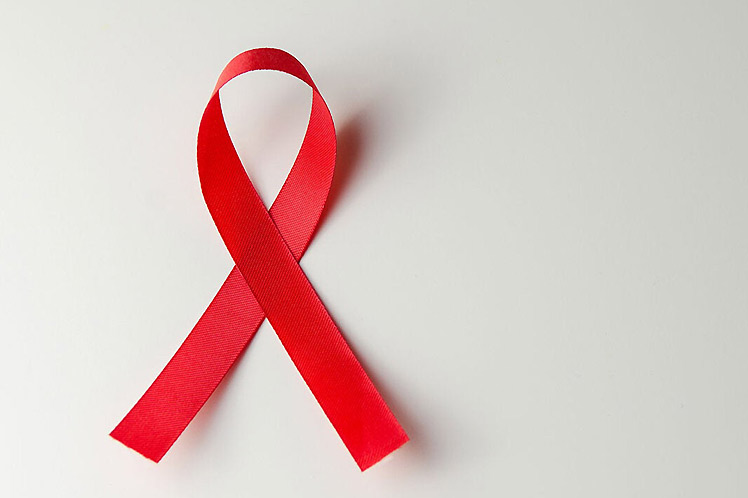Participants in the event, which will be held through June 10, will conduct an in-depth review of progress made in the 2016 Political Declaration to end AIDS in next nine years.
According to the Joint United Nations Program on HIV / AIDS (UNAIDS), dozens of nations reached or exceeded the goals proposed four years ago in 2020, an evidence that then goals were an achievable reality. With an adequate funding, community engagement, multisectoral approaches based on human rights and science as a starting point, some nations fight their epidemics and save lives, Winnie Byanyima, UNAIDS Executive Director, highlighted.
This week’s debate expresses the need for the response to HIV in its social, economic and political dimensions to contribute to the 2030 Agenda for Sustainable Development progress.
In this regard, the meeting will provide recommendations to guide and to oversee actions starting this year, including concrete commitments to speed up the integrated response to the issue.
The meeting will be attended by people living HIV, others at risk of contracting it, experts, as well as by representatives of UNGA member states and observers.
UNAIDS data indicated that about 37.6 million people are living with HIV worldwide.
pgh/Pll/jha / avr









